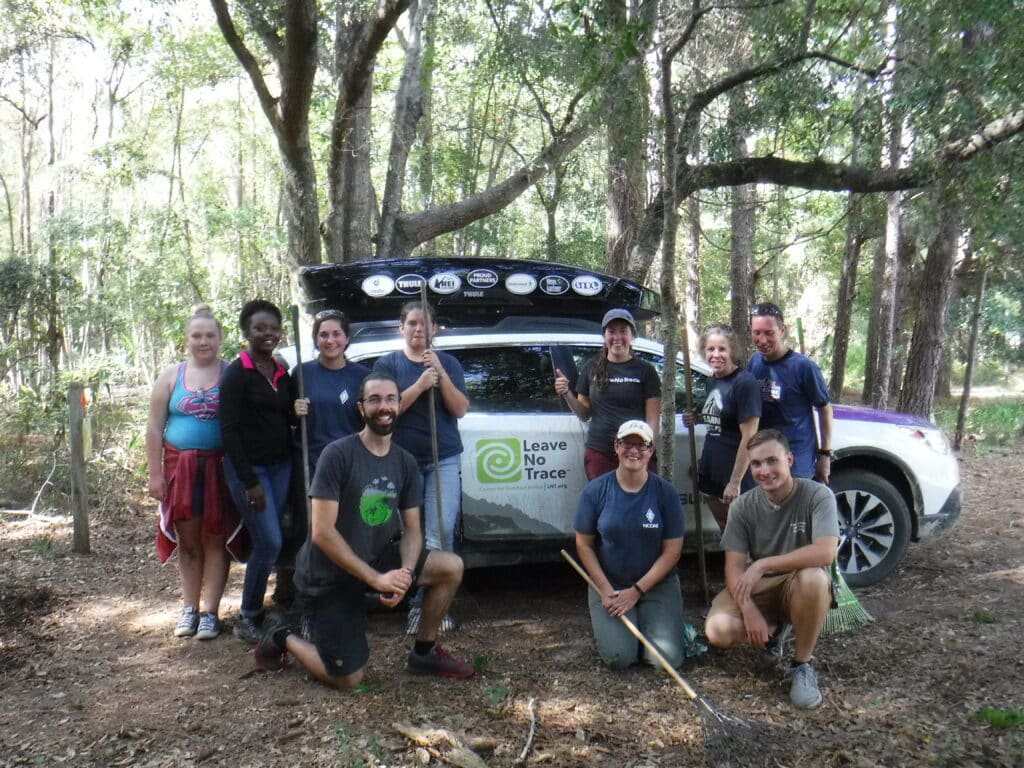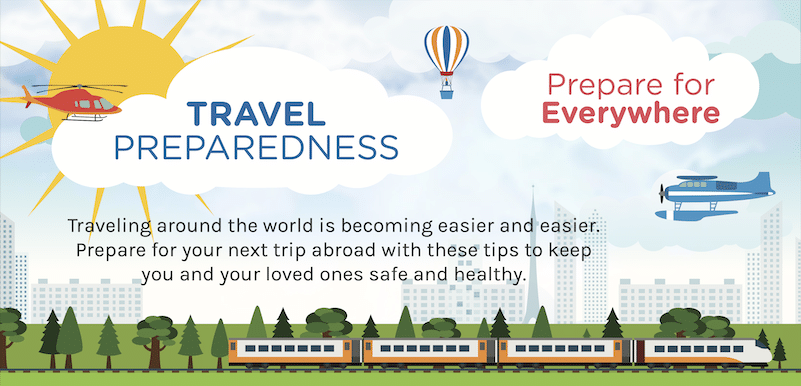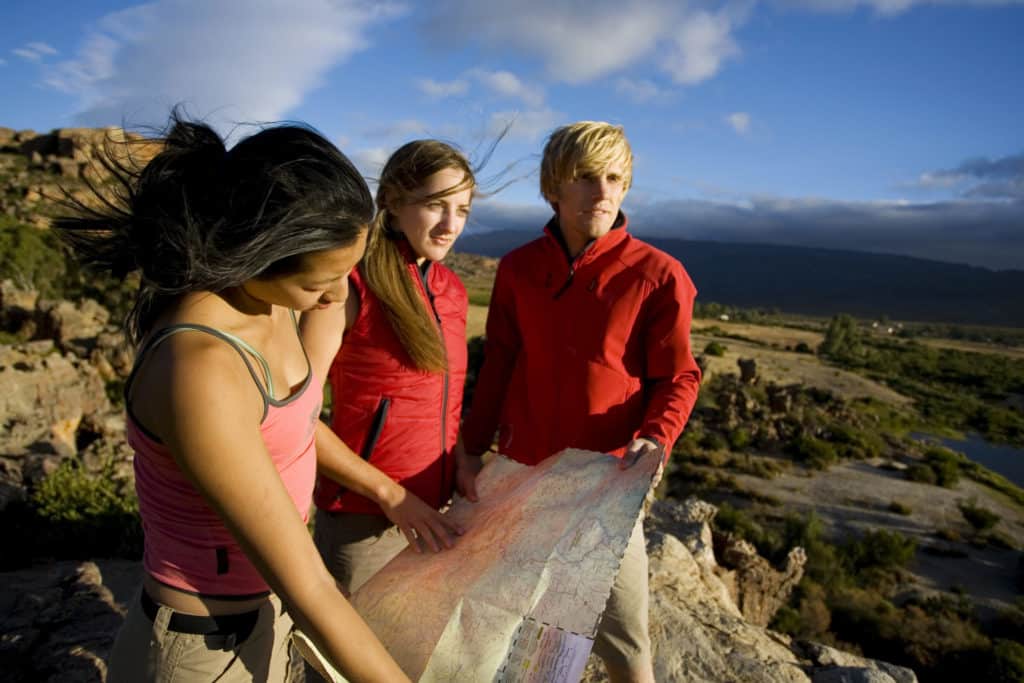Applying the Principles of ‘Leave No Trace’ to Daily Life in an Urban Setting
UncategorizedWhat is Leave No Trace?
The idea behind Leave No Trace is to embrace specific wilderness stewardship values in order to protect our backcountry areas for generations to come. Back in the early 1940s, Robert Baden-Powell, founder of the world Scouting movement, said, “Try and leave the world a little better than you found it.” Over time, this morphed into, “Always leave your campground cleaner than you found it.”
Fifty years later, in the early 1990s, that Leave No Trace concept was immortalized through an educational curriculum developed by the United States Forest Services in partnership with NOLS (the National Outdoor Leadership School). The outcome was an agreed framework for instilling awareness on the part of wilderness travelers to interact with nature in a manner that reduces human impact.

What is The Importance of Leave No Trace?
The idea behind Leave No Trace is to embrace specific wilderness stewardship values in order to protect our backcountry areas for generations to come. Today, that program — run by the Leave No Trace Center for Outdoor Ethics in Boulder, Colorado — impacts more than 15 million people in the United States and dozens of other countries with conservation initiatives, education, training, and research.
Baden-Powell’s simple sentiment more-or-less condenses the seven principles behind today’s Leave No Trace (LNT) program. The well-known LNT’s principles are: (more…)
Safety Considerations for Adventure Travel in Foreign Countries
UncategorizedThere are few activities that provide a greater explosion of sense and emotions than putting foot in a new land — a foreign place where you have to navigate language, landscape, and culture practically the instant you arrive.
Memories of stepping off a plane and heading out of the airport in Kathmandu, Port Au Prince, and Guatemala are forever stored and accessible in my brain’s happy file. Prominent among these are the new smells, the architecture, the people, and the only slightly realization that you’re not in Kansas anymore. Or North Carolina or wherever it is you call home.
And the places to which we travel, and the experience we take away from those adventures are tied directly to how safe we feel while out exploring.
As more of us prepare to climb on planes, trains, and boats again, NCOAE wants to share some of the safety and risk mitigation tips we have learned along the way when traveling far from home with clients from all walks of life.
With the tips we offer below, the focus is on adventure travel and ecotourism. Don’t neglect to research basic travel tips as well.
Let’s get started:
(more…)Returning to School? We Want to Help you Safely Opt Out(side)
UncategorizedIn recent weeks, we’ve all been hearing more and more from parents, educators, and even the nation’s top disease experts on the impending opening of schools across the nation.
Dr. Anthony Fauci, who heads the National Institute of Allergy and Infectious Diseases, has suggested that school districts developing their plans for campus reopening should find ways to offer as many outdoor activities as possible. Fauci said that could include everything from outdoor classes, to recess, and lunchtime.
Plans for just when and how schools will reopen are being formulated and fine-tuned, and the consensus seems to be that being outside is the safest place to be during the instructional day. As states start to mandate returns to school, safety and quality of education are at the forefront of design.
Obviously, you’ll get no argument about that from those of us here at The National Center for Outdoor & Adventure Education (NCOAE). And we have some suggestions. But first, here are the questions we are hearing most often from you.
Why move outdoors?
Doctor Fauci already told us that spending time outdoors is safer during times of infectious diseases, and we’re puzzled why some schools forget that being outside is often best for our physical, emotional, and mental well-being. Studies have shown that, in districts with high numbers of second language students, learning outdoors is (more…)
TALK TO US
Have any further questions about our courses, what you’ll learn, or what else to expect? Contact us, we’re here to help!

